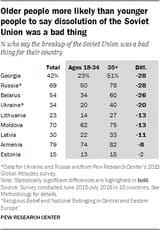>>938448928
Oh we have a big boy here. He can read at uni level, such a smart boy. Well ok, let's start with the basics.
First of all, if you're going to criticize "communism," you need to understand that it is a body of social and economic theory based on theories of historical materialism and dialectical materialism. If these do not hold up, that means almost the whole of Marx's works are irrelevant. But of course, you read Kapital, so you don't need me to define those for you, but I'm going teach you about historical materialism as we review Popper's argument anyways.
Popper refers to the field of historical study and attempts to understand it via a materialist lens as futile; he refers to these attempts as "historicism." There are several key points, outlined below:
1. A description of the whole of society is impossible because the list of characteristics making up such a description would be infinite.
2. Human history is a single unique event.
3. Individual human action or reaction can never be predicted with certainty, therefore neither can the future.
4. A law, natural (i.e. scientific) or social, may enable us to exclude the possibility of certain events but it does not allow us to narrow down the range of possible outcomes to only one.
5. It is logically impossible to know the future course of history when that course depends in part on the future growth of scientific knowledge
6. Historicists often require the remodelling of man.
7. Historicists are bad at imagining conditions under which an identified trend ceases.
8. Historicism tends to mistake historical interpretations for theories.
9. Confusing ends with aims.
In the next post, I will outline the ways in which historical materialism diverges from historicism.








